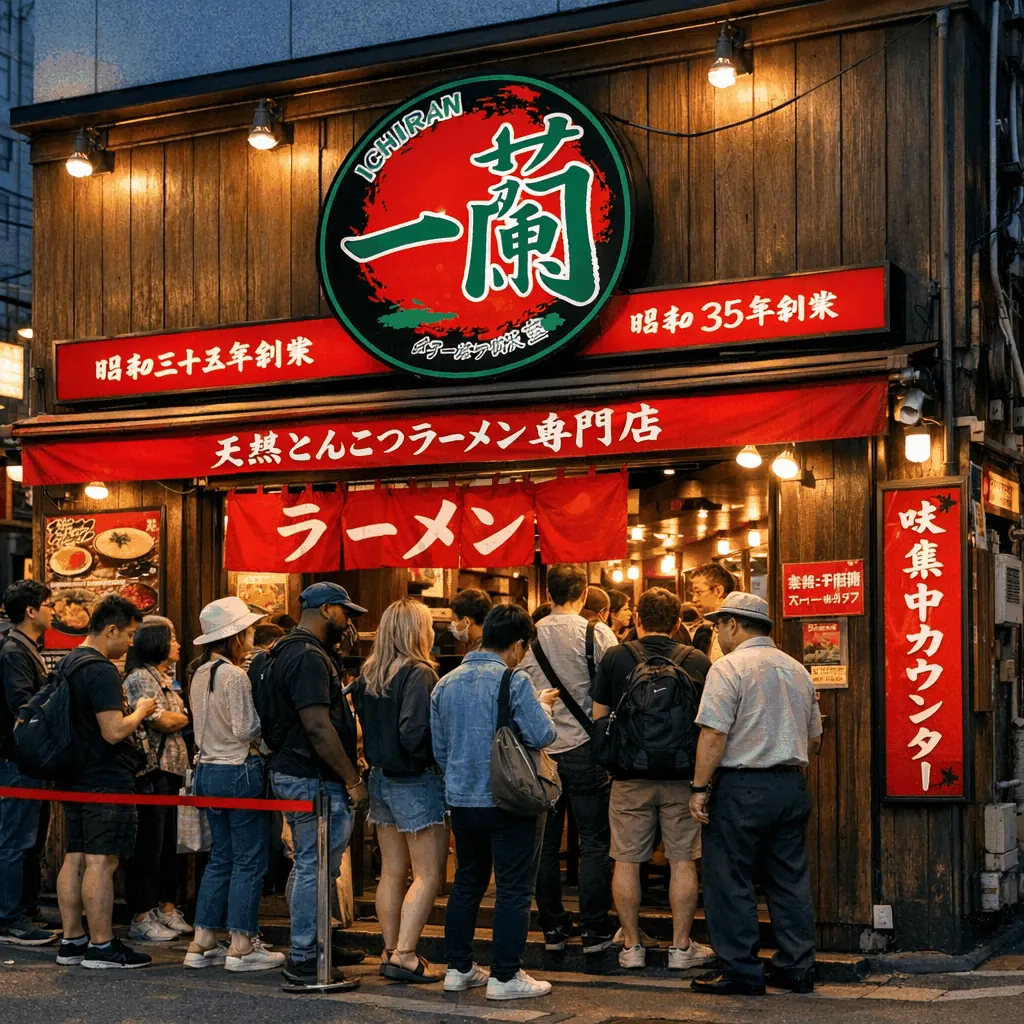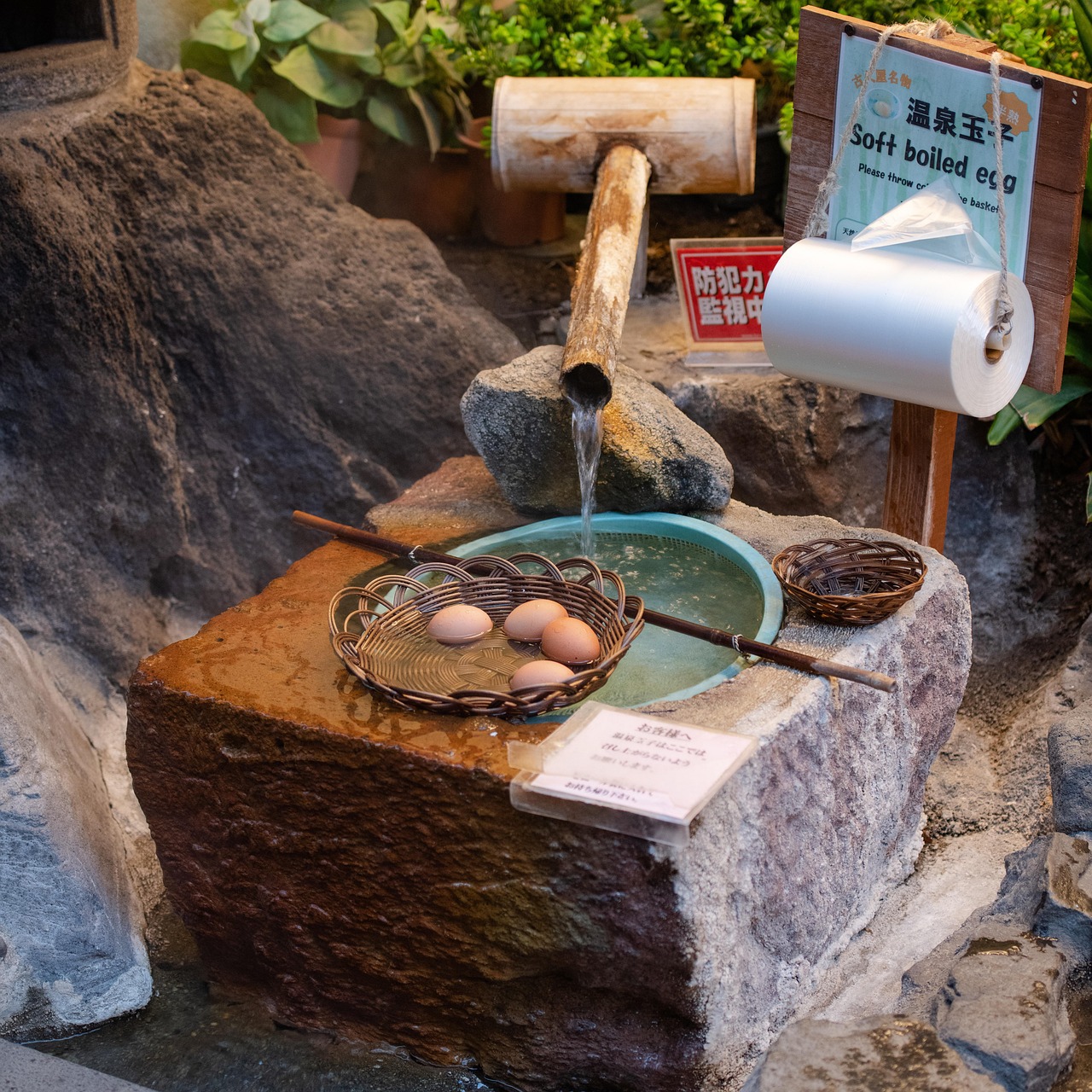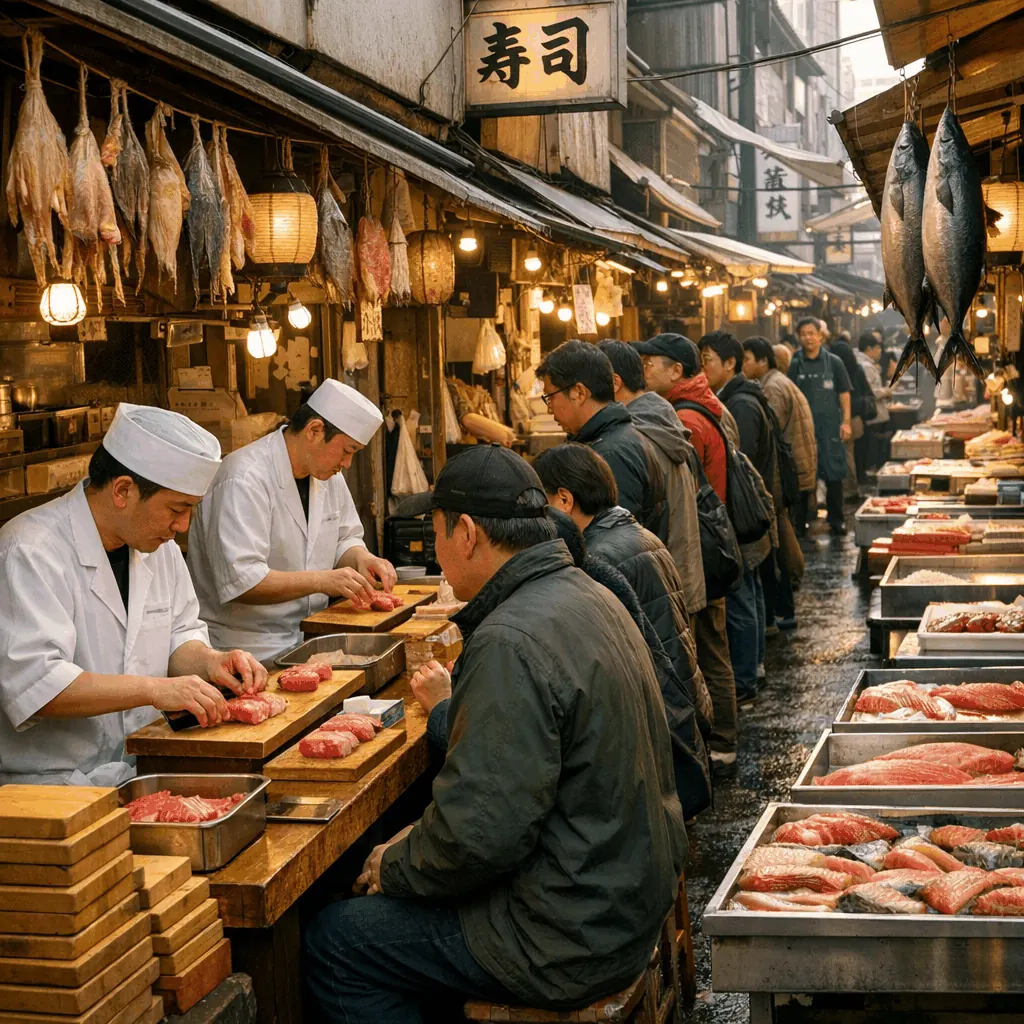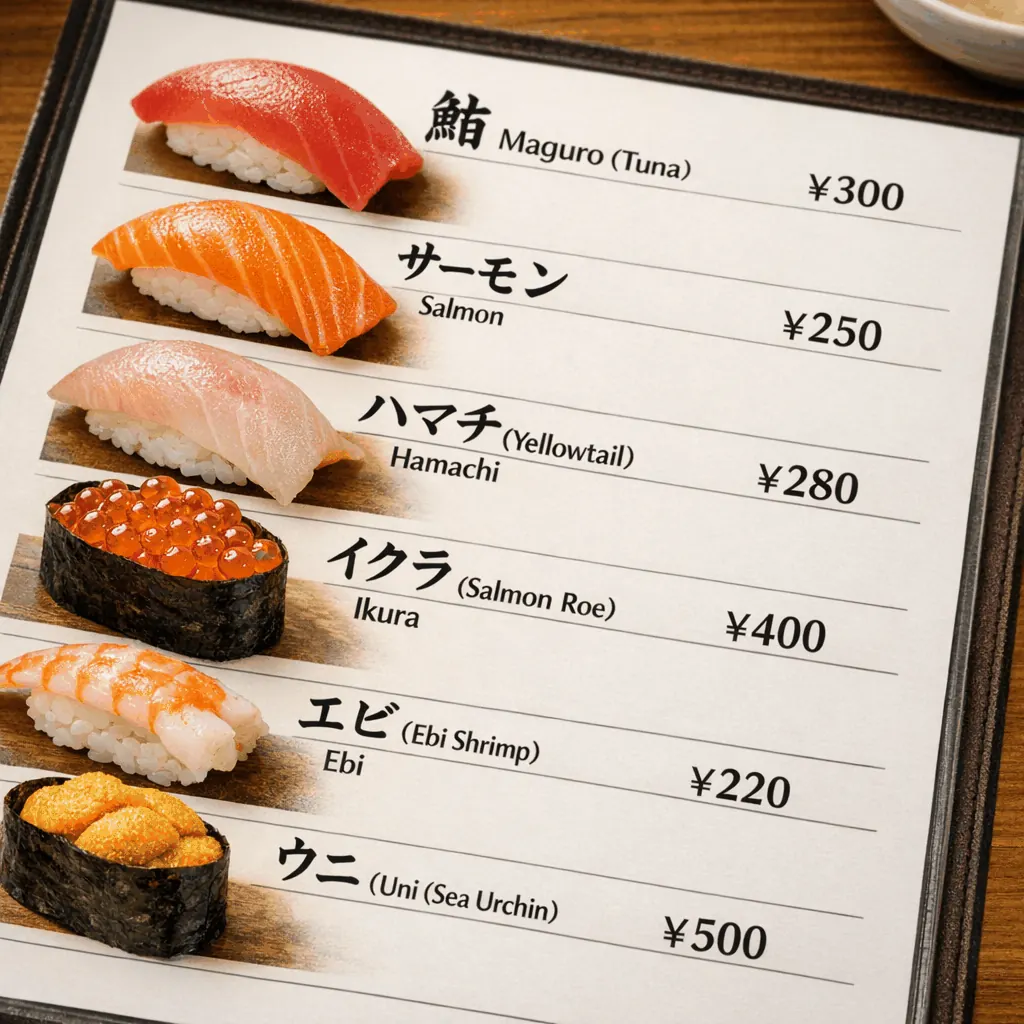
How to get a seat at Ichiran Ramen in Tokyo during peak hours?
Practical Tokyo tips to get a seat at Ichiran during peak hours: pick a less-crowded branch, arrive 15–30 min early or after 20:30, go solo, check Tabelog.
Imagine steam rising gently against a mountain backdrop, the scent of cedar wood in the air, and your muscles melting into mineral-rich water warmed by the earth itself. This isn’t a dream—it’s an onsen, Japan’s beloved hot spring tradition. For many locals, onsen bathing is more than relaxation—it's a sacred ritual tied to health, culture, and mindfulness.
For newcomers and expats living in Japan, the idea of communal nude bathing can feel a little intimidating at first. But with the right guidance, visiting an onsen can become one of the most memorable and rewarding cultural experiences you’ll have here.
In this beginner-friendly guide, we’ll walk you through everything you need to know—from etiquette and health benefits to must-visit onsen spots—so you can soak in Japan’s thermal treasures with confidence and ease.
(Source: Upsplash: Wren Chai)
In Japan, the term onsen (温泉) refers to a naturally occurring hot spring created by geothermal heat from the country’s volcanic activity. With over 3,000 onsen resorts nationwide, these mineral-rich waters have been cherished for centuries—not just for relaxation, but also for their healing properties.
Onsen water must meet specific criteria under Japanese law, including a minimum temperature of 25°C and the presence of certain natural minerals like sulfur, bicarbonate, or sodium chloride. These minerals are believed to help with various health conditions, from skin irritations to muscle fatigue.
There are several types of onsen:
💡 Not sure which type suits you best? Call Butler can match you with the ideal onsen experience, from scenic mountain rotenburo to tattoo-friendly urban baths.
(Picture by Shahidah Uthman)
Stepping into an onsen for the first time can feel a little daunting—but once you understand the customs, it quickly becomes second nature. Onsen etiquette isn’t just about rules; it reflects Japan’s deep respect for shared spaces, cleanliness, and harmony.
Here’s what you need to know before your first soak:
💡 Tip: Don’t rush—locals often take their time scrubbing. Think of it as a ritual, not a chore.
💡 Call Butler can help identify tattoo-friendly onsens or call ahead on your behalf to check their policy.
💡 If you're unsure about signage, instructions, or just nervous about your first visit, Call Butler can provide live support or pre-visit guidance to walk you through the steps in real time.

(Source: Pixabay: pen_ash)
Beyond the soothing heat and scenic views, soaking in onsen water offers a range of health benefits thanks to its unique mineral content. For centuries, Japanese people have turned to onsens not just for relaxation but as a form of toji—therapeutic bathing.
Here are some of the most well-known (and scientifically supported) benefits:
💡 Call Butler can recommend onsens that specialize in specific mineral waters—like sulfur-rich baths for skin health or sodium-based baths for muscle relief—depending on what your body needs most.

(Source: Pixabay: andrew_t8)
With thousands of onsen resorts scattered across Japan, it can be tough to decide where to start. Whether you’re craving a mountain retreat, beachside soak, or just a quick escape from city life, these beginner-friendly spots offer something for everyone—plus many are accessible and foreigner-welcoming. If you need some hotels with private bathing options, you can check out this blog!
1. Hakone (Kanagawa Prefecture)
Just 90 minutes from Tokyo, Hakone is one of the most popular onsen areas for a reason. Think stunning views of Mount Fuji, scenic lake cruises, and plenty of modern and traditional ryokan to choose from. Ideal for weekend trips or first-timers who want comfort and convenience.
2. Beppu (Oita Prefecture)
Located on the southern island of Kyushu, Beppu is a geothermal wonderland. It's known for its variety of baths—from sand and steam to mud and waterfall onsens. Don’t miss the “Hells of Beppu,” a collection of colorful (but not bathable) hot springs that make great photo ops.
3. Kusatsu (Gunma Prefecture)
This mountain town boasts some of Japan’s highest-quality sulfuric waters, known for their strong healing properties. Kusatsu is also famous for its dramatic yubatake (hot water field) in the center of town. Great for health-focused bathers or those looking for a more traditional, small-town vibe.
4. Noboribetsu (Hokkaido)
Up north in Hokkaido, Noboribetsu is home to mineral-rich waters sourced from the volcanic Hell Valley (Jigokudani). The area features a wide range of bath types, including milky sulfur and iron-rich red baths. Perfect if you’re traveling in winter—imagine snowflakes falling as you soak in an outdoor bath.
5. Ibusuki (Kagoshima Prefecture)
For something truly different, head to Ibusuki, where visitors are buried in naturally heated volcanic sand. The pressure and heat combination promotes circulation and deep relaxation. A must-try for wellness seekers and adventurous bathers.
💡 Not sure which onsen destination fits your travel style? Call Butler can curate a custom getaway based on your preferences—whether you're after scenic views, therapeutic benefits, or tattoo-friendly resorts. We’ll even handle bookings and local transport!
Japan’s onsen culture offers more than just a warm bath—it’s a moment of stillness, tradition, and connection with nature that’s deeply woven into daily life here. Whether you're visiting a luxurious mountain retreat or a humble neighborhood bathhouse, taking part in this centuries-old practice is one of the most enriching experiences you can have in Japan.
By understanding the customs, health benefits, and the variety of onsen styles, you can step into your first soak with confidence. And remember: once you’ve tried it, it’s easy to see why locals swear by the healing power of hot springs.
Planning your first onsen trip? Unsure which locations welcome tattoos or have English signage? That’s where Call Butler steps in.
We help expats and travelers navigate Japan’s onsen culture with ease—from booking ryokan and finding hidden gem baths to providing real-time language support. Our local assistants can help you:
Don’t let language or uncertainty keep you from enjoying one of Japan’s most iconic traditions. Contact Call Butler today and let us help you relax like a local—comfortably, confidently, and completely stress-free.

Practical Tokyo tips to get a seat at Ichiran during peak hours: pick a less-crowded branch, arrive 15–30 min early or after 20:30, go solo, check Tabelog.

Practical Tsukiji Outer Market guide: what to eat, best times to visit, and visitor tips for Tokyo’s Jogai Shijo—foods, hours, queues, cash, and etiquette.

Tokyo sushi guide for English speakers: learn restaurant types, read menus (kanji/kata/prices), use ticket machines, order politely, and handle allergies with c